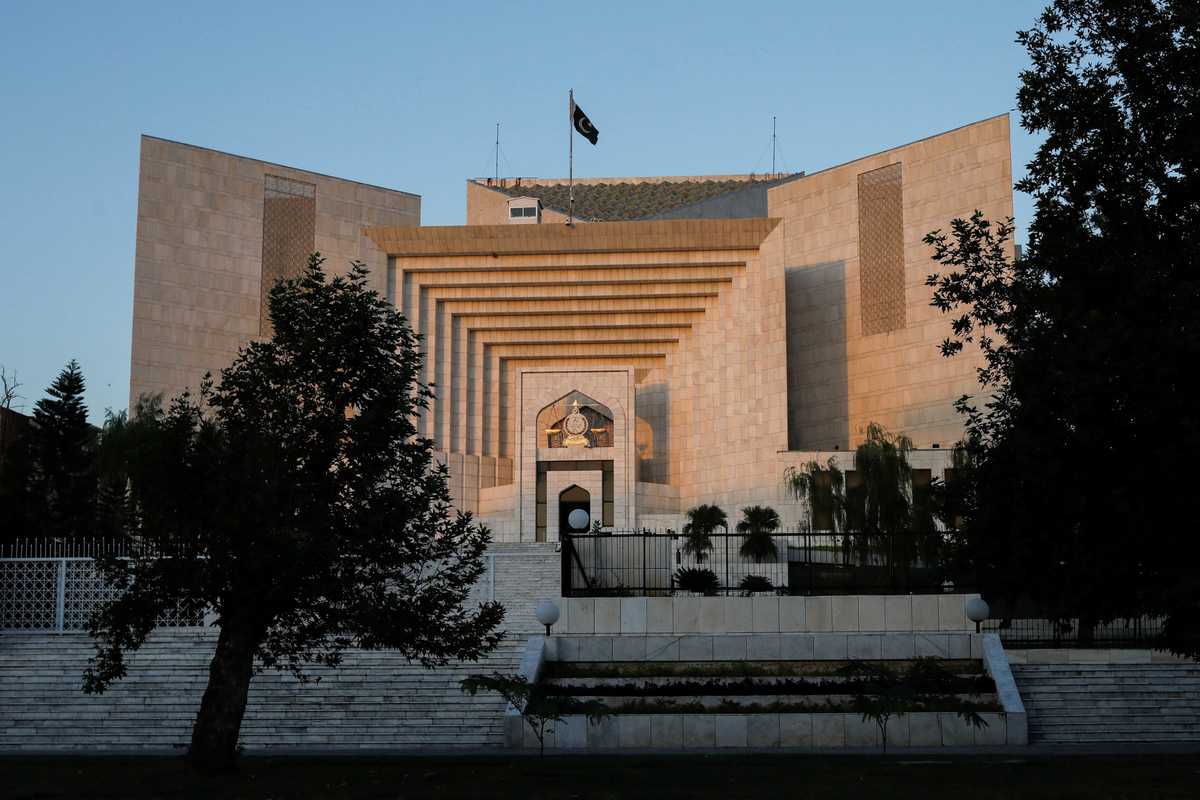Pakistan tightens judicial ethics with revised code of conduct for judges
Supreme Judicial Council also launches proceedings against an IHC judge to reinforce judicial accountability and independence
Ali Hamza
Correspondent
Ali; a journalist with 3 years of experience, working in Newspaper. Worked in Field, covered Big Legal Constitutional and Political Events in Pakistan since 2022. Graduate of DePaul University, Chicago.

Pakistan’s top judicial oversight body, the Supreme Judicial Council (SJC), has launched proceedings against a judge of the Islamabad High Court, while also approving substantial revisions to the country’s Code of Conduct for judges.
The move reflects an ongoing effort to strengthen judicial accountability and reinforce the independence of Pakistan’s judiciary.
The proceedings follow the recusal of the Islamabad High Court’s Chief Justice, Sarfaraz Dogar, who stepped aside due to a potential conflict of interest in the matter.
Farooq’s recusal prompted the reconstitution of the council to ensure impartiality, with Chief Justice S.M. Attique Shah of the Peshawar High Court joining the panel in his place.
The SJC convened its 56th meeting on Saturday in Islamabad under the chairmanship of Chief Justice of Pakistan Yahya Afridi. Attending members included Supreme Court Justices Mansoor Ali Shah and Munib Akhtar, as well as Chief Justice Muhammad Ameer Bhatti of the Lahore High Court. The reconstitution of the council ensured that proceedings could continue without any appearance of bias or influence.
During the first session, the council reviewed 67 complaints. Of these, 65 were unanimously ordered to be filed, one was deferred, and one was marked for further processing by a majority vote. In the reconstituted session, seven additional complaints were examined: five were filed, and two were designated for further review by majority decision.
With these actions, the total number of pending matters requiring initial consideration now stands at 87. Since October 2024, the SJC has addressed 155 complaints. The council did not disclose which members dissented on specific complaints or amendments, maintaining confidentiality in deliberations.
In a parallel move, the SJC approved a set of revisions to the Code of Conduct for judges. Chief Justice Afridi presented amendments initially circulated following a July 12, 2025 decision. After thorough debate, the council approved the changes by majority vote for publication in the official gazette, distribution among superior court judges, and posting on the Supreme Court’s official website.
Key revisions include:
- Judges must avoid impropriety and the appearance of impropriety in all activities, ensuring the dignity, independence, and impartiality of the judiciary at all times.
- Judges are prohibited from presiding over or attending social, cultural, political, or diplomatic events.
- Invitations from foreign or international agencies must not be directly solicited or accepted, except when routed through the relevant chief justice.
- Accepting hospitality that could create a perception of impropriety is explicitly banned.
- Judges must remain independent of any external influence in the performance of their duties.
The SJC confirmed that the revised Code of Conduct was formally approved on October 18, 2025.
Additional provisions, drawing on earlier council decisions from October 4, 2003, were incorporated to further tighten ethical rules and reinforce judicial independence.







Comments
See what people are discussing